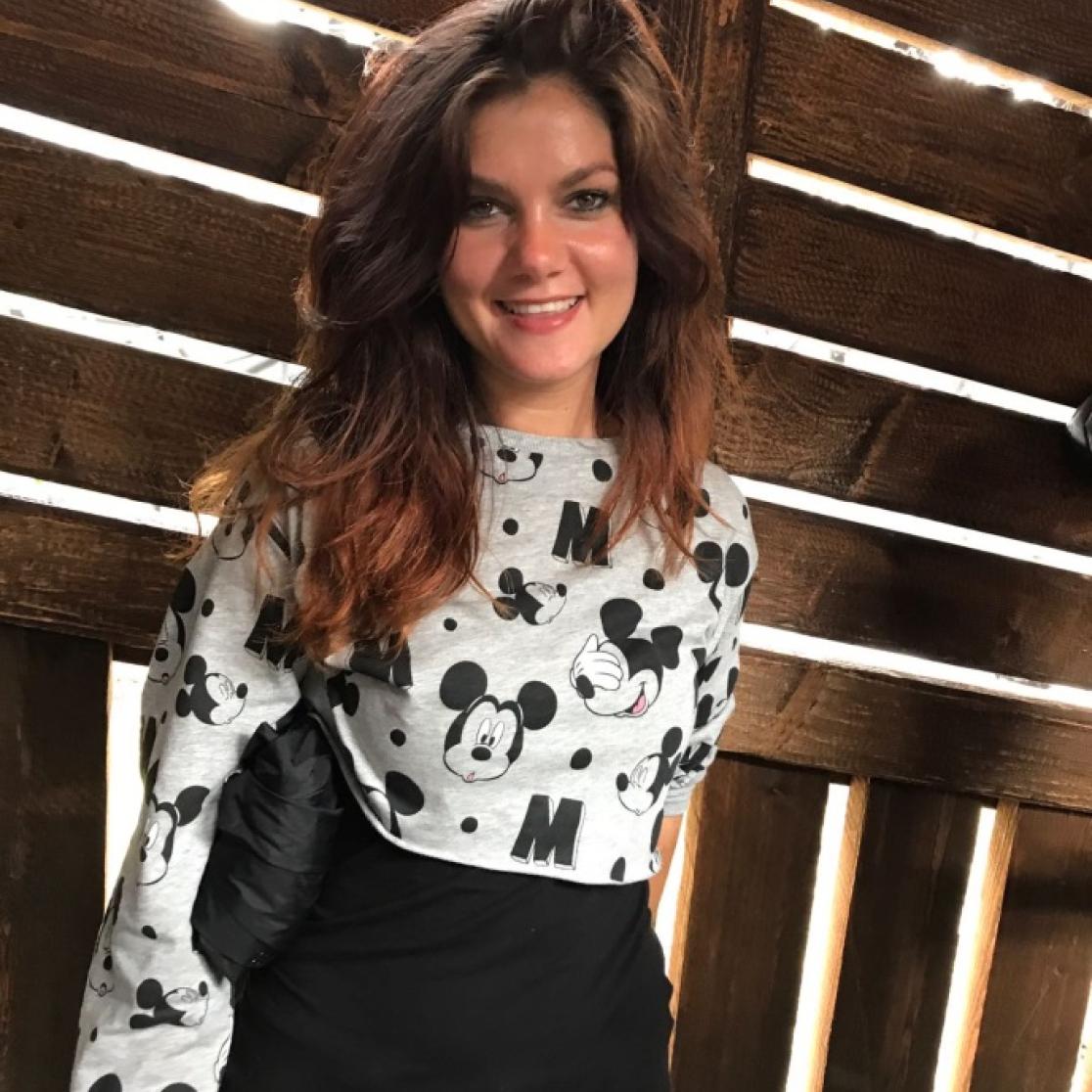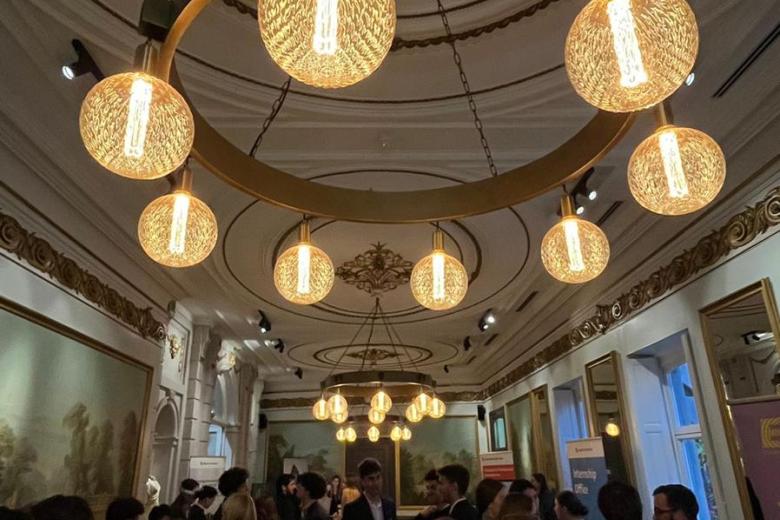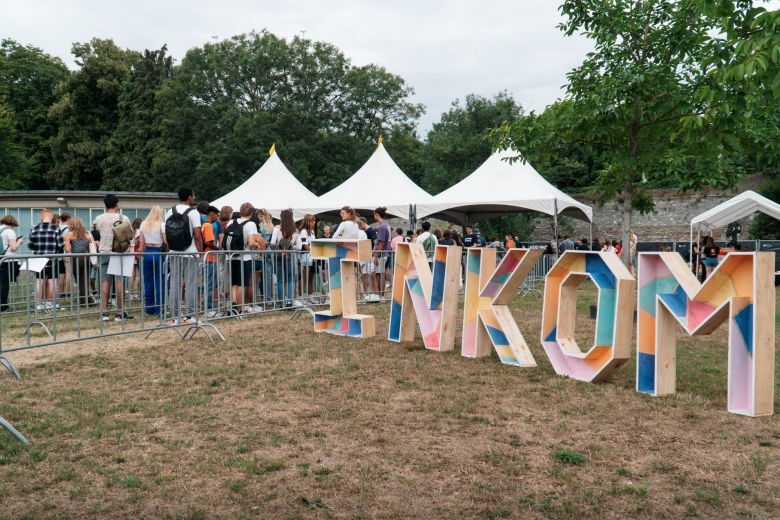“There’s no right or wrong here”
“I’m originally from Cologne in Germany and I was looking for a study programme abroad, taught in English but close to home. The year before I came to Maastricht, I was working in the tourist sector in Italy. So I moved directly from Italy to Maastricht.”
Why Maastricht?
“I’d heard about it from both my mum and friends. So I ordered the programme guide of the Faculty of Arts and Social Sciences and I was immediately interested. The Arts & Culture programme appealed to my interests the most, so that’s what I chose. Luckily, I found a nice studio in the city centre. There were several studios in one building, with students from other faculties as well and other nationalities. In fact, I was the only German.”
How did you like it?
“Since I grew up so close to the Dutch border, the culture wasn’t that different. Plus there’s a very open atmosphere in the city: if people hear you’re a foreigner, they immediately start speaking English. Which makes it a bit hard to practise your Dutch if you want to. But speaking English as much as possible was also important for me, since I wanted to improve that. The only thing I missed from home was the German bread.”
Did you mainly make German friends?
“Not only. I remember my first tutorial group, which was a funny mix of nationalities. We formed a learning group and had a lot of fun together. I’m quite open minded and interested in international people, so I made some foreign and some Dutch friends. The latter are quite direct, so you always know where you’re at.”
What’s your experience with the International Classroom in Maastricht?
“I first experienced it as a student, and now I’m teaching in addition my research. In all roles I’ve learnt a lot from the intercultural experience. You learn that there’s no one right or wrong. And you learn different perspectives on topics in an intercultural setup like the International Classroom.”
Why do you think it’s important to have international students at a Dutch university?
“I think it adds colour to the cityscape, and it opens up a variety of different ideas. It connects students to the world and that’s beneficial in many ways. It’s not just about confirming what you know, or what your peers think, and it guarantees juicy debates.”
Why are you still in Maastricht?
“To my surprise I keep coming back. I finished my master’s in Denmark and returned for UM’s research master’s in Cultures of Arts, Science and Technology. That programme is unique in the world, and I really like Problem-Based Learning. Then I spent one year teaching and in August 2013 I started my PhD here. Of my friends from the bachelor’s I’m the only one who’s still at the university. In their eyes I’m ‘the one who stayed in the little town in the south of the Netherlands.’ They’re in places like Berlin, which is completely different from here. But when they’re back in town to visit, they also say ‘Everything’s so easily accessible, so peaceful here’. They look back on Maastricht with both sadness and happiness.”
By Femke Kools

Also read
-
Maastricht Business Days 2024: Building bridges between talent and opportunity.
The Maastricht Business Days (MBD) have been a hallmark of the School of Business and Economics (SBE) since their inception in 1996, standing out as the most prestigious student recruitment event. Organized by SCOPE, the faculty’s dynamic study association, the MBDs connect over 600 students...

-
INKOM 2024
From Monday 19 until Thursday 22 August students will get to know each other and the city of Maastricht. This week is about getting to know Maastricht, the city where you will meet new people and you will have to learn to find your way around again. Not just at the faculty, the library and the spor...

-
Living and working at PITground in Sittard
Living in Sittard and studying in Maastricht, Eindhoven or even Tilburg or Leiden. A few years ago, this was hard to imagine, but nowadays it is increasingly common. Sometimes out of necessity, but often also as a conscious choice. The rise of more creative places to live outside the traditional...